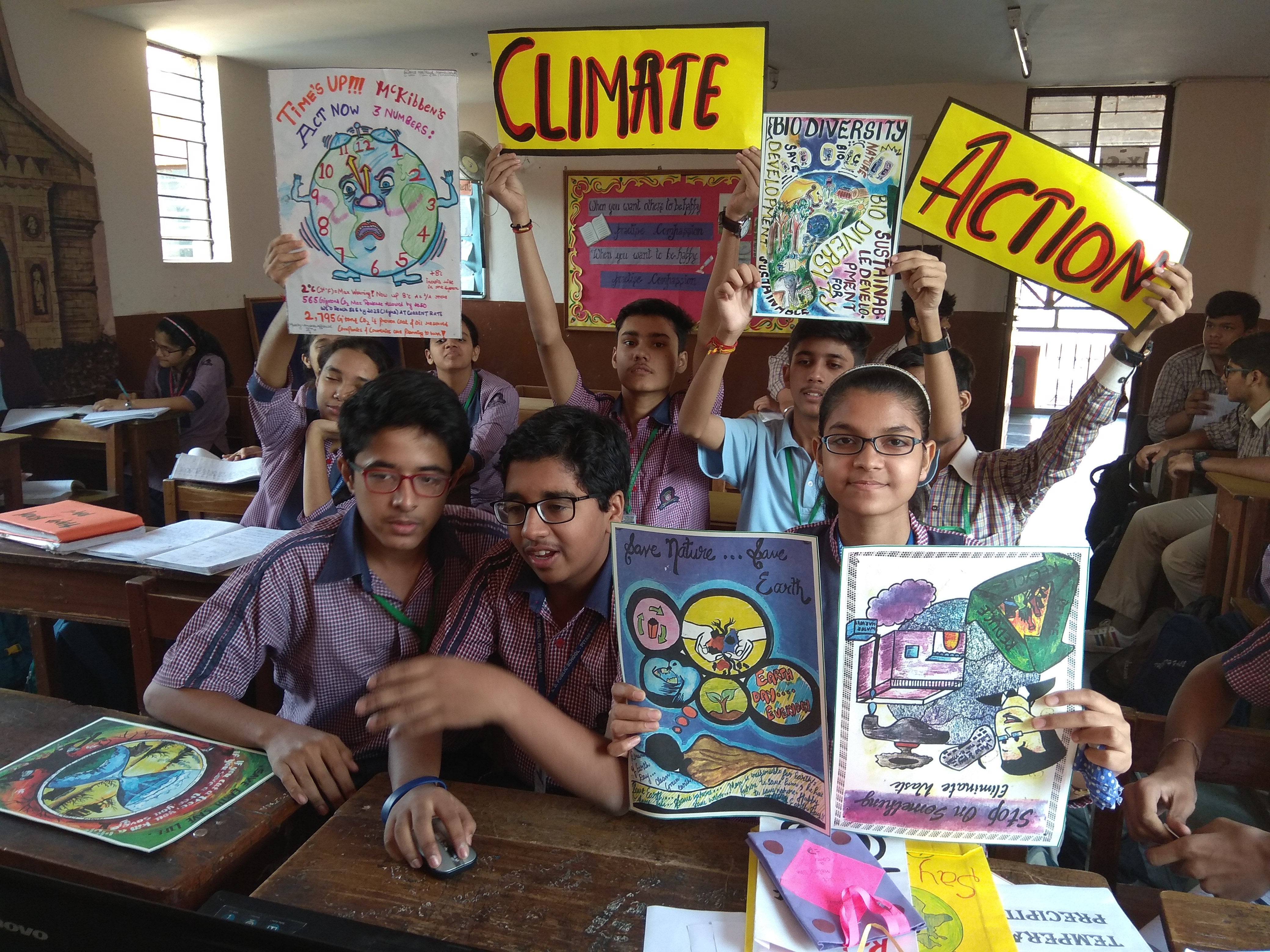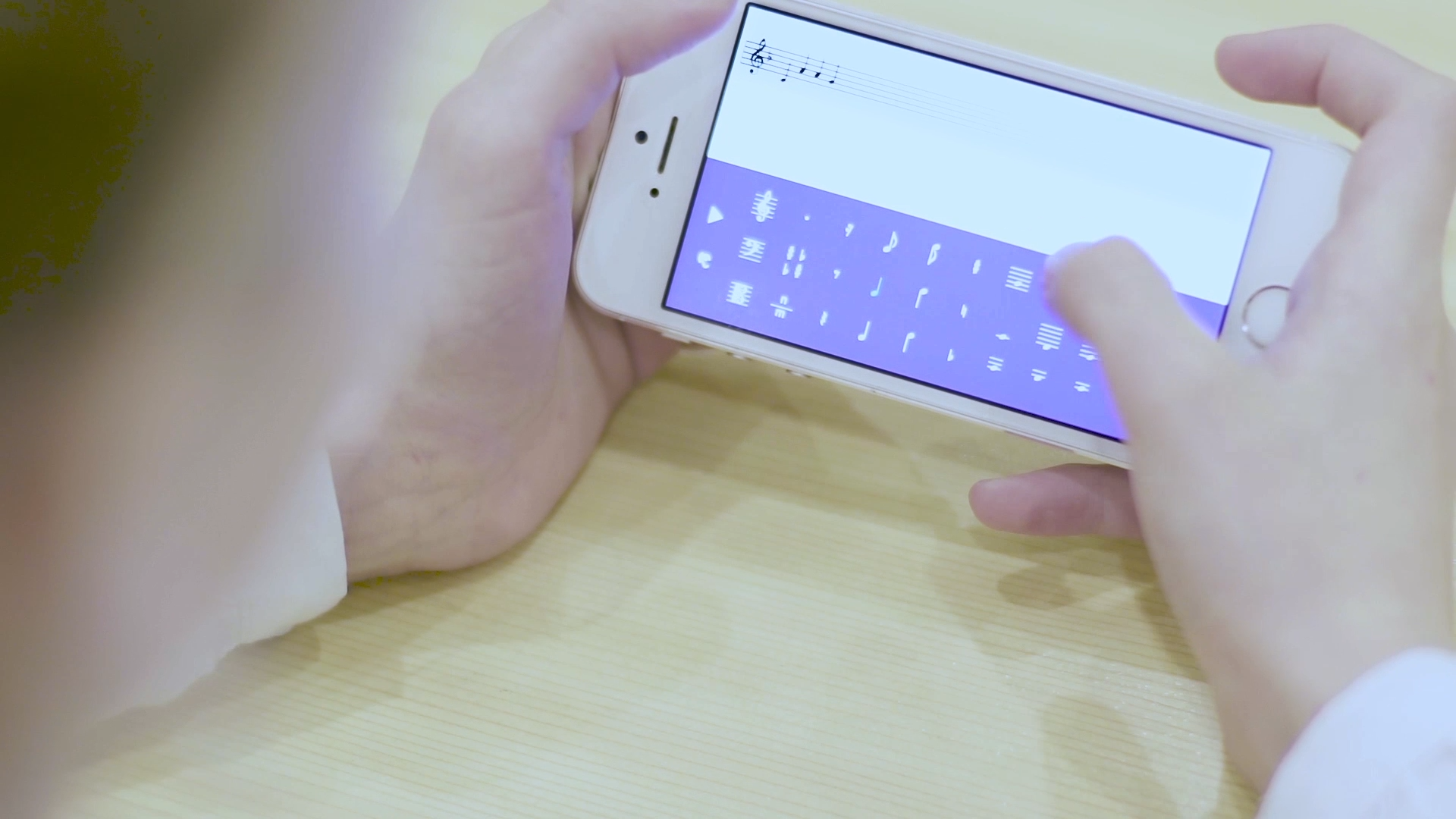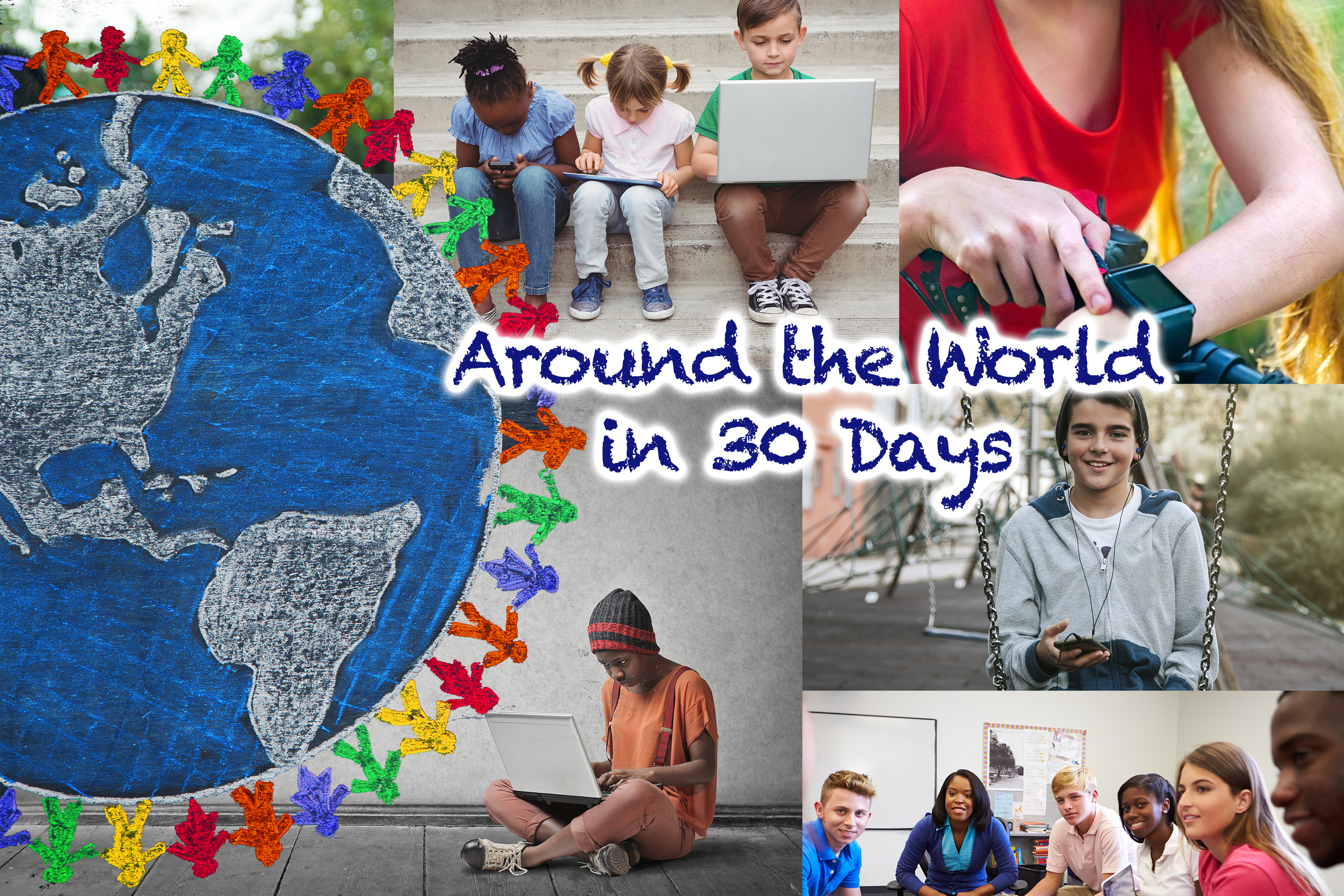C.M. Rubin’s Global Education Report
UNOi, based in Mexico, wants to raise the quality of education in Latin America. In 2010, Grupo Santillana had a “dream” to create a 21st century learning model that could create positive change. Featured in The Global Search for Education this month is Karime Pulido Ramzahuer, Director of Pedagogical Development at UNOi. Karime says their goal was to develop a learning model which allowed schools to create “meaningful and purposeful environments” that were fully focused on student needs. Eight years on, the dreamers are making progress. Today, the curriculum features real-world content inspired by current affairs that could have a resounding impact on society. Unique learning experiences enable students to explore and discover their own knowledge. In addition, the UNOi model has been adopted by more than 400 schools reaching around 115,000 students and 12,000 teachers, strongly influencing their own personal, educational and professional development.
In the era of globalization, interactions and learning between students of different countries have become a necessity for classrooms. Koen Timmers, an award-winning educator, researcher, lecturer and author, is a firm believer in “borderless” education. Already working with teachers and students across 6 continents, Koen is focusing on connecting students globally to solve real world challenges that can promote skills such as “creativity, empathy, critical thinking, and collaboration.” More recently, he began collaborating with Jane Goodall and her “Roots and Shoots” initiative, a youth service program that aims to foster respect and compassion for all living beings, and promote understanding of cultures and beliefs. The Global Search for Education welcomed Koen Timmers, the Founder of the Kakuma Project, a global climate action and innovation lab, to talk about his initiatives for global education.
Since the 1990s, Virtual Reality projects have been aimed at cultivating empathy for people with serious health conditions. Recently, Stanford University conducted an immersive technology study that discovered that people who underwent a VR experience that enabled them to experience what it would be like to lose their jobs and homes were more empathetic towards homeless people, compared to getting this exposure through other media (such as books, TV shows or traditional films). In one of the studies, 85% of VR participants signed a petition to help homeless people in comparison to 63 % who read a narrative. Overall, participants in the study were significantly more likely to be sympathetic to the plight of homeless people. Another VR experience, 1,000 Cut Journey, received a world premiere at the Tribeca Film Festival as a VR project that highlights the social realities of racism. In this VR project, the viewer becomes Michael Sterling, a black man encountering racism as a young child, adolescent, and young adult. The Global Search for Education welcomed the film’s co-producer, Jeremy Bailenson, to discuss the impact of using immersive technologies to connect human beings to social issues.
How is technology empowering the next generation of composers? Andrey Bayadzhan studied music theory with Roman Ruditsa, a composer and music theorist. Bayadzhan needed to write music every day, but he wanted to do it digitally. He found existing notation software complicated and inaccessible, so he decided to create his own tool. He and Roman spent years developing their app, D Notation. They’ve recently received a US patent on the invention and even won competitions including the Сompetition of Innovations in Education of the Higher School of Economics in Moscow. The Global Search for Education invited Bayadzhan to talk about how tech is innovating the way the next generation of artists will compose.
Thank you to our 800 plus global contributors, teachers, entrepreneurs, researchers, business leaders, students and thought leaders from every domain for sharing your perspectives on the future of learning with The Global Search for Education each month.
C. M. Rubin (Cathy) is the Founder of CMRubinWorld, an online publishing company focused on the future of global learning and the co-founder of Planet Classroom. She is the author of three best-selling books and two widely read online series. Rubin received 3 Upton Sinclair Awards for “The Global Search for Education”. The series which advocates for youth was launched in 2010 and brings together distinguished thought leaders from around the world to explore the key education issues faced by nations.
Follow C. M. Rubin on Twitter: www.twitter.com/@cmrubinworld






Recent Comments